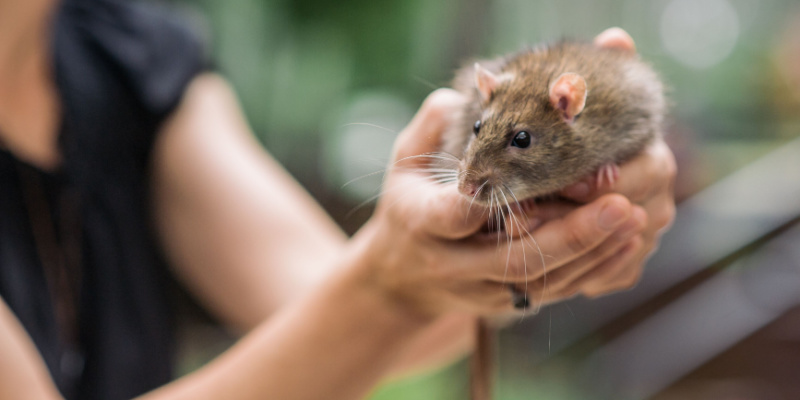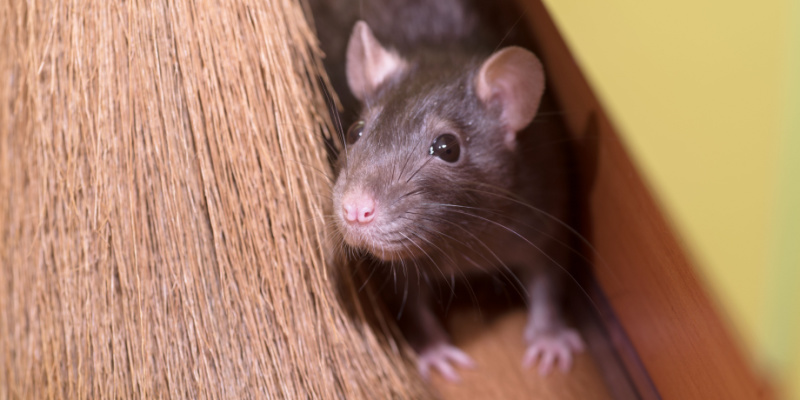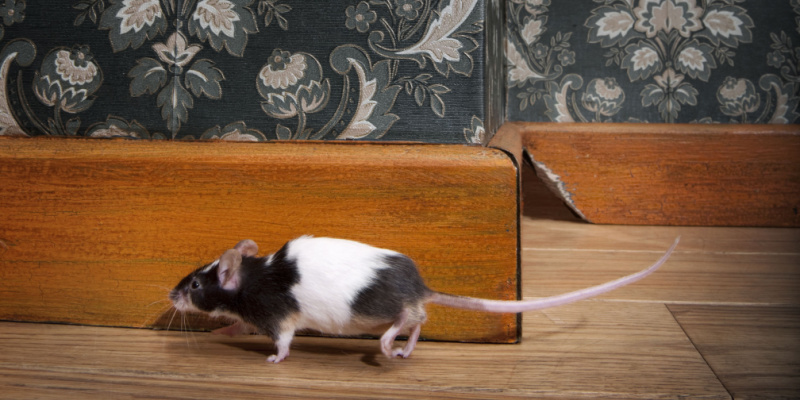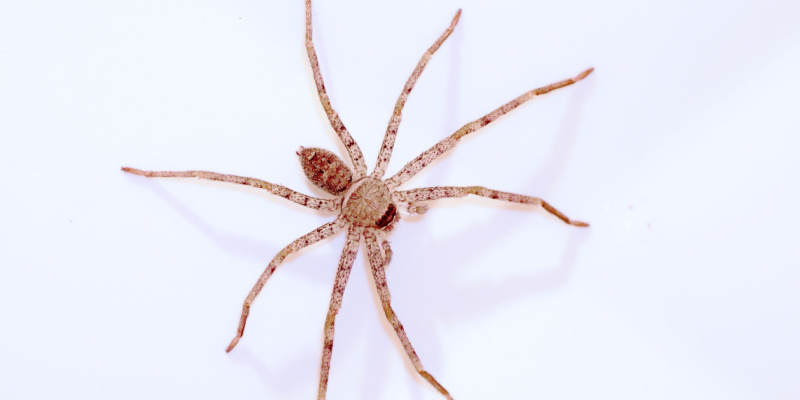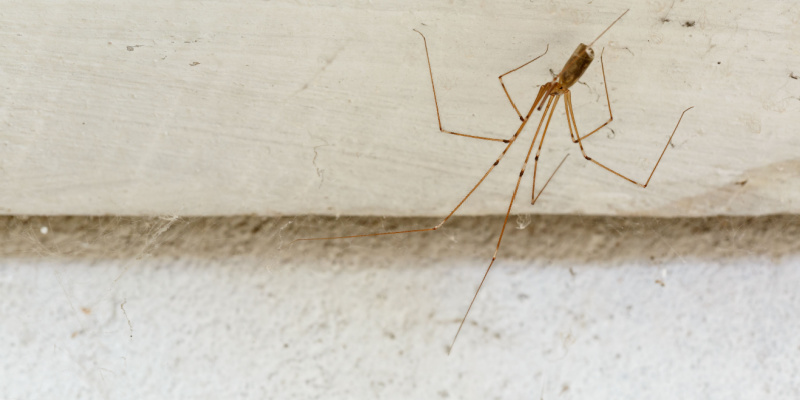Rats and mice are not just unwelcome guests in your Maine home; they can pose serious health risks, cause damage, and certainly disrupt your peace of mind. When facing a rat or mouse infestation, seeking professional help becomes crucial. Let’s explore why professional rat and mouse control in Maine is essential and how experienced experts can effectively address these pest problems.
1. Understanding the Risks
Rats and mice carry various diseases, including hantavirus, leptospirosis, and salmonella. Their droppings, urine, and saliva can contaminate surfaces, food, and air, leading to potential health issues for you and your family. A professional pest control service can assess the extent of the infestation, implement appropriate measures, and minimize the health risks associated with these rodents.
2. Tailored Solutions
Each rat and mouse infestation is unique, with varying causes and degrees of severity. Professional pest control technicians are trained to identify the specific species of rodents present and customize their approach accordingly. Their knowledge allows them to implement strategies that address the root causes of the infestation, ensuring more effective and long-lasting results.
3. Comprehensive Inspections
Experienced pest control professionals conduct thorough inspections of your property to determine the scope of the problem. They identify entry points, nesting sites, and areas with high rodent activity. This meticulous assessment enables them to develop a targeted plan that focuses on eliminating the source of the infestation and preventing future recurrence.
4. Integrated Pest Management (IPM)
Professional pest control companies often employ an Integrated Pest Management approach, which emphasizes a combination of strategies to manage pest problems. This approach considers factors like the environment, the type of rodent, and the severity of the infestation. Using various methods, including trapping, exclusion, and sanitation, pest control experts can effectively control rat and mouse populations without relying solely on chemical treatments.
5. Safe Application of Treatments
If chemical treatments are deemed necessary, pest control professionals have the training and expertise to apply these treatments safely. They follow strict guidelines to ensure the well-being of your family, pets, and the environment. By using targeted and controlled methods, they minimize the risk of unnecessary exposure to harmful chemicals.
6. Long-Term Prevention
While eliminating existing rodents is important, preventing future infestations is equally crucial. Professional pest control experts not only eradicate current pests but also advise on preventive measures. These can include sealing entry points, removing attractants, and implementing regular maintenance to keep your home rodent-free in the long term.
7. Efficiency and Effectiveness
DIY methods often fall short of eliminating rat and mouse infestations completely. Rats and mice are resourceful creatures that can adapt to changing conditions. Pest control professionals have the knowledge and tools to implement strategies that work effectively against these resilient pests. Their experience ensures a higher rate of success compared to individual efforts.
8. Minimizing Property Damage
Rats and mice can cause significant damage to your property by chewing through walls, wiring, insulation, and even personal belongings. This damage poses safety risks and can lead to costly repairs. Professional pest control experts can help prevent further destruction and protect your home’s value by addressing the infestation promptly and comprehensively.
9. Peace of Mind
Dealing with a rat or mouse infestation can be stressful and time-consuming. By hiring a professional pest control service, you gain peace of mind knowing that experts are handling the problem. You can focus on other aspects of your life while they work diligently to eliminate the rodents from your home.
10. Licensed and Insured
Reputable pest control companies are licensed and insured, providing you with an added layer of protection. This means that you are covered by the company’s insurance policies in the unlikely event of any damage or unforeseen issues. It also ensures that the technicians working in your home have received proper training and adhere to industry standards.
When facing a rat or mouse infestation in Maine, it’s clear that enlisting the help of professional pest control experts is a wise decision. With their knowledge, experience, and comprehensive approach, they can effectively address the issue while minimizing health risks, property damage, and stress. By choosing Atlantic Pest Control, you can have peace of mind knowing that your rat and mouse problem will be resolved efficiently and effectively. Don’t let these unwanted guests take over your home – contact Atlantic Pest Control today for a free consultation and take back control of your space.
